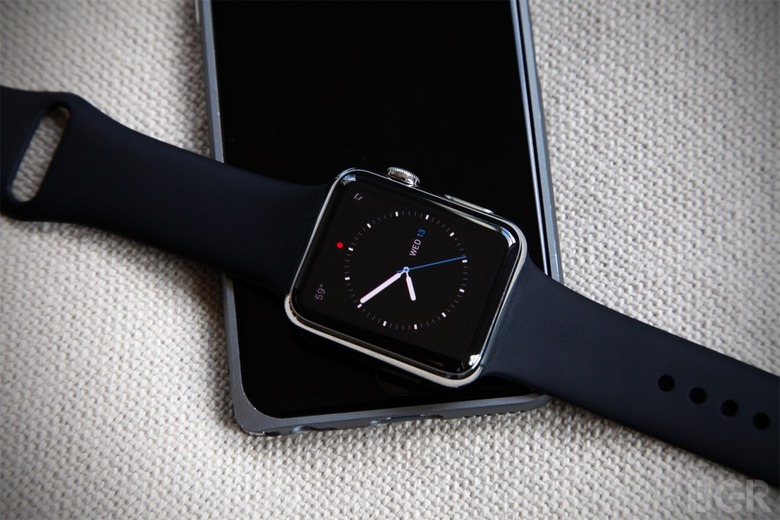This New Tech Could Lead To Gadgets That Never Need To Be Charged
Following the Apple Watch's debut, people made a big deal out of the idea that the device's battery would only last about a day on each charge. Of course, it's hardly a problem since the Watch isn't in use while its owner sleeping, but the fact remains that batteries are still the biggest barrier standing between us and the ideal gadget experience. Every piece of portable electronics we use, from phones and tablets to laptops and cameras, needs to be charged.
As it turns out, however, that might not always be the case.
DON'T MISS: iPhone 6s: The 6 most exciting new features hitting Apple's next iPhone
Auckland, New Zealand-based StretchSense on Friday announced new sensor technology currently in development that could lead to gadgets that never need to be charged.
On stage at the Wearable Technologies Conference, StretchSense CEO Ben O'Brien discussed the company's new energy-harvesting sensors. These special sensors are capable of bending and flexing, and as they do, they create and store energy that can then be used to power the devices that carry them.
StretchSense says its technology is licensed and out of the academic testing phase, and the company is currently working with more than 100 clients on applications for the new sensors.
"Our objective from day one was to develop technology that serves a simple purpose: harvesting energy from human motion," O'Brien said. "Through our work with the University of Auckland, we have been able to create a compact, price appropriate solution that in the near future should start to see commercial usage."
One obvious application would involve placing the sensors into wearable devices such as motion trackers and fitness bands. In this scenario, the sensors would flex as the wearer moves naturally during the day and while exercising, and the energy generated by StretchSense's sensors would power the tracker.
Other potential uses for the technology include environmental monitoring sensors and health monitors for the elderly, the company said.
The company has yet to give any indication of when devices that utilize its sensors might become commercially available.
